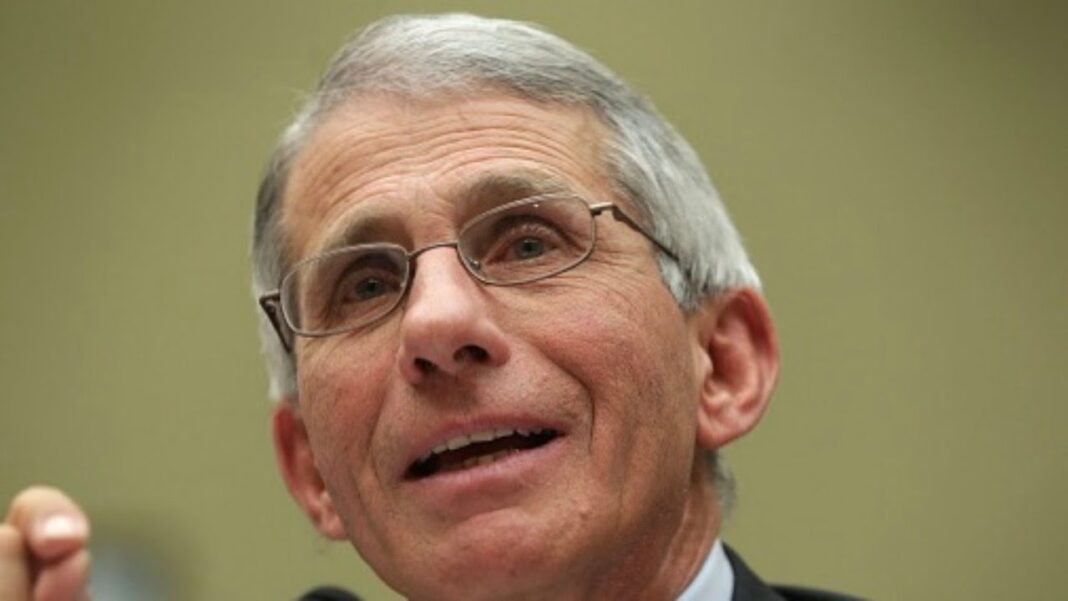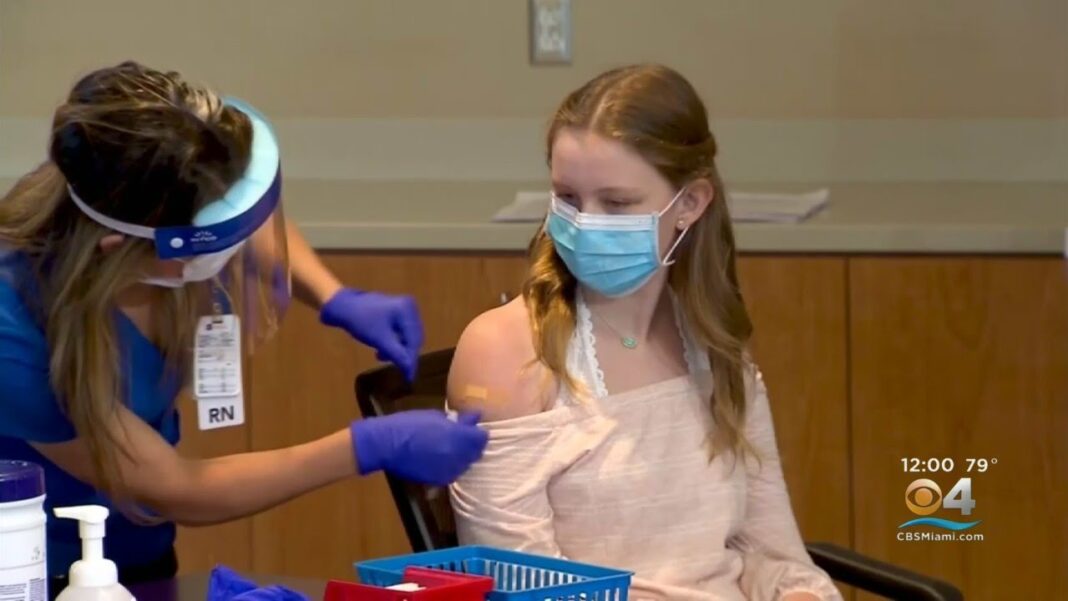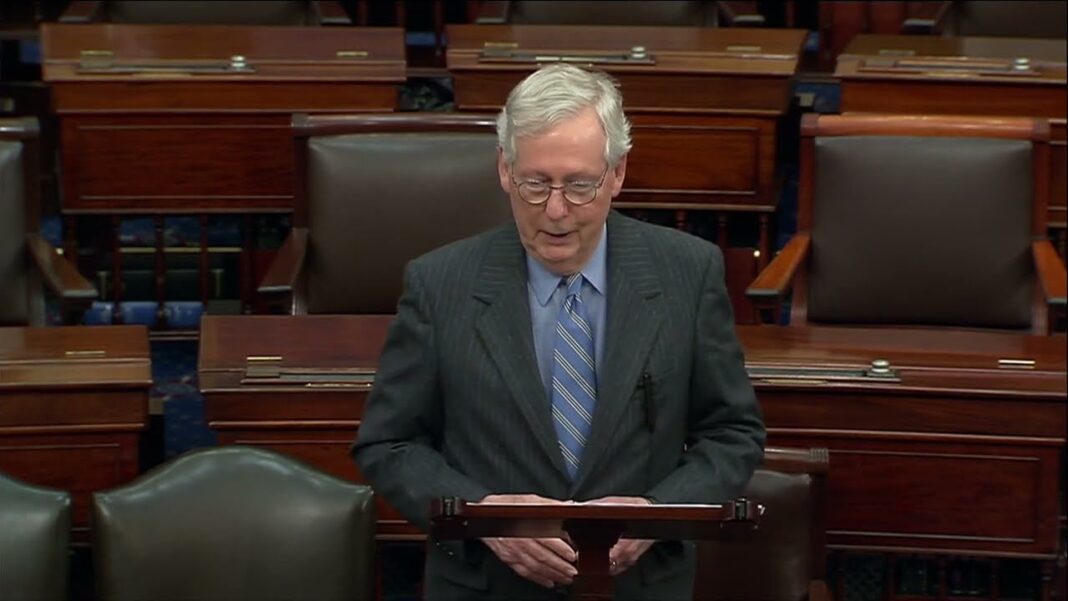
Four prominent scientists who played key roles in shaping the public narrative around the origin of COVID-19 received substantial increases in grant money from the National Institute of Allergy and Infectious Diseases (NIAID), headed by Dr. Anthony Fauci, in the subsequent two years, a review of funding data by The Epoch Times has found.
Three of these scientists—Kristian Andersen, Robert Garry, and Michael Farzan—were advisers to a teleconference organized by Fauci held on Feb. 1, 2020, in response to increasing public questions about the origin of the virus.
The scientists were also instrumental in the publication of Proximal Origin, a highly influential paper that promoted a natural origins theory for SARS-CoV-2, the virus that causes COVID-19, and has been frequently cited by the government and media.
Emails released under Freedom of Information Act requests, showed that the scientists had told the senior members of Fauci’s teleconference that they were 60 to 80 percent sure that COVID-19 had come out of a lab.
Notably, despite their private concerns about the origin of the virus, the first draft of Proximal Origin was completed on the same day as the teleconference. Andersen and Garry were co-authors of Proximal Origin and Farzan was acknowledged in the Nature version of Proximal Origin for his participatory discussions in the article’s creation.
Additionally, Fauci’s NIAID provided a substantial increase in funding to EcoHealth’s Peter Daszak, through whom NIAID had funded controversial gain-of-function coronavirus research at the Wuhan Institute of Virology in China.
Some of these funding amounts have continued through 2021—and one of the newest grants will continue through at least 2025.
A significant portion of the funding increase for Daszak, as well as for Andersen and Garry, was provided through NIAID’s creation of the Centers for Research in Emerging Infectious Diseases (CREID).
The program, which was originally referred to as Emerging Infectious Diseases Research Centers (EIDRCs) during the early planning stages in 2019, was formally announced under a new name on Aug. 27, 2020. It is not known why the program was initially delayed or why it was renamed.
The new initiative, described as a global network that involves “multidisciplinary investigations into how and where viruses and other pathogens emerge from wildlife and spillover to cause disease in people,” provided eleven new grants totaling $17 million of new funding in the first year and $82 million in total funding across five years.
Andersen and Garry were the co-recipients of a new $8.9 million 5-year grant made under the CREID initiative that established the West African Research Network for Infectious Diseases (WARN-ID). Daszak was the recipient of a new $7.5 million, 5-year CREID grant that established the Emerging Infectious Diseases: South East Asia Research Collaboration Hub (EID-SEARCH). The other participants of the NIAID CREID program can be found here.
Notably, although the creation of CREID was not publicly announced until Aug. 27, 2020, the Award Notice Date for the grants to Andersen and Garry are listed as May 21, 2020. The CREID grant to Daszak lists an Award Notice Date of June 17, 2020. The timing of Daszak’s grant is particularly noteworthy as it came shortly after President Donald Trump had revoked Daszak’s previous grant from Fauci’s NIAID in April 2020 due to Daszak’s entanglements with the Wuhan Institute of Virology.
Andersen, who had privately told Fauci on Jan. 31, 2020, that the virus “looked engineered,” but later helped spearhead Fauci’s efforts to promote a natural origins narrative, received a total of $7.4 million in funding in 2020 as compared to $4.5 million in grant proceeds in 2019. Andersen’s total grant funding increased to nearly $9 million in 2021. The new CREID grants (co-awarded with Garry) accounted for approximately $1.9 million of his 2020 grant proceeds and $2 million of his grant proceeds in 2021. Included in Andersen’s 2021 figure is a $266,250 CREID grant that was made to Andersen but did not include Garry as a co-recipient.
While it is not known at this point whether there was a connection between the increased funding and the scientists’ involvement in shaping the public natural origins narrative, these new revelations raise an obvious question: How is it that among the thousands of scientists eligible to participate in the much-desired funding from the eleven grants provided by Fauci’s new $82 million CREID initiative, three of those chosen happened to be the same individuals who had led the way in promoting Fauci’s natural origins narrative—despite their private concerns that the virus had been created in a lab.
By Jeff Carlson and Hans Mahncke






